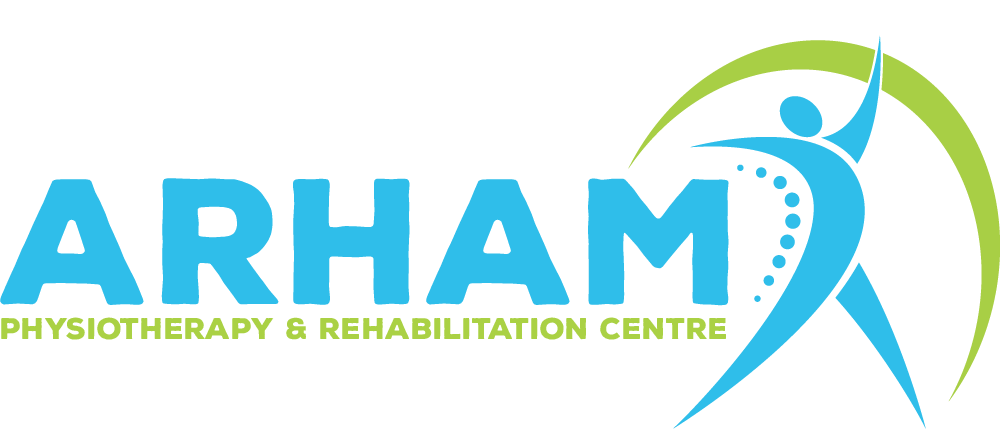What is Sports Injury Physiotherapy? Explained
Sports injury physiotherapy is essential in recovering and rehabilitating athletes and active individuals who have sustained injuries during sports or physical activities. It is a specialized branch of physiotherapy that focuses on preventing, assessing, treating, and rehabilitating injuries related to sports and exercise.
Table of Contents
ToggleUnderstanding Sports Injury Physiotherapy:
Sports injuries range from acute injuries like sprains, strains, fractures, and dislocations to overuse injuries such as tendonitis and stress fractures. These injuries can arise from abrupt collisions, improper techniques, overtraining, inadequate warm-up, or repetitive movements.
Critical Aspects of Sports Injury Physiotherapy:
Assessment and Diagnosis:
Sports physiotherapists begin by conducting a thorough evaluation to diagnose the type and extent of the injury. This may include physical examinations, Medical history evaluations, and occasionally diagnostic imaging such as X-rays or MRI scans.
Treatment Planning:
Based on the examination results, a customized treatment plan is prepared. This approach aims to diminish pain and inflammation, facilitate healing, reinstate normal bodily function, and safeguard against additional injuries. Treatment modalities may include manual therapy, therapeutic exercises, electrotherapy, and taping techniques.
Rehabilitation Exercises:
Rehabilitation exercises are a core component of sports injury physiotherapy. They are designed to improve strength, flexibility, endurance, and proprioception specific to the injured area. They help athletes regain optimal function and safely return to their pre-injury performance level.
Sports-specific Rehabilitation:
Sports physiotherapists understand the demands of various sports and tailor rehabilitation programs accordingly. They incorporate sport-specific movements and drills to simulate game conditions and ensure that athletes are prepared to return to their sport confidently.
Prevention Strategies:
Beyond treatment and rehabilitation, sports injury physiotherapy focuses on injury prevention. This includes educating athletes on proper warm-up and cool-down techniques, correct body mechanics, appropriate training volume and intensity, and implementing injury prevention exercises and programs.
Benefits of Sports Injury Physiotherapy:
Faster Recovery:
Proper and timely physiotherapy intervention can expedite healing and facilitate a quicker return to sports and daily activities.
Reduced Risk of Recurrence:
Comprehensive rehabilitation and preventive strategies help reduce the likelihood of recurrent injuries, promoting long-term health and performance.
Improved Performance:
By addressing underlying weaknesses and imbalances, athletes often return more muscular and resilient, enhancing their overall performance.
FAQS:
Que: What types of injuries does sports injury physiotherapy treat?
Ans: Sports injury physiotherapy treats various injuries, including sprains, strains, fractures, dislocations, tendonitis, bursitis, and overuse injuries like stress fractures and tennis elbow.
Que: How soon after a sports injury should I seek physiotherapy?
Ans: It's advisable to seek physiotherapy as soon as possible after a sports injury. Early intervention can help manage pain, reduce swelling, promote healing, and prevent complications that could delay recovery.
Que: What can I expect during a sports injury physiotherapy session?
Ans: A sports physiotherapist will thoroughly assess the injury's nature and severity during a session. Treatment may include:
- Manual therapy techniques.
- Therapeutic exercises.
- Modalities like ultrasound or electrical stimulation.
- Education on injury management.
Que: How long does sports injury physiotherapy treatment typically take?
Ans: The treatment period varies depending on the complexity of the damage, the individual's rate of recovery, and their devotion to the treatment plan. Specific injuries may necessitate a short duration of therapy, often a few weeks. In contrast, others may require a more extended treatment period, usually several months, to achieve complete healing.
Que: When can I return to sports after sports injury physiotherapy?
Ans: Return-to-sport decisions are made collaboratively between you, your physiotherapist, and possibly your sports physician or coach. Factors considered include pain levels, functional abilities, strength, range of motion, and sport-specific demands.
Que: How can sports injury physiotherapy help prevent future injuries?
Ans: Sports injury physiotherapy focuses on treating current injuries and identifying and addressing underlying biomechanical imbalances, weaknesses, and movement patterns that contribute to injury risk. This preventative strategy helps reduce the probability of future injuries.
Que: Do I need a referral from a doctor to see a sports physiotherapist?
Ans: You often do not need a referral to see a sports physiotherapist. However, depending on your insurance coverage or specific healthcare system regulations, a referral may be required for insurance purposes or to access certain specialized services.
Que: What should I look for when choosing a sports physiotherapist?
Ans: Look for a physiotherapist with experience and expertise in sports injury rehabilitation. They should thoroughly understand sports biomechanics, training principles, and rehabilitation protocols specific to athletes. Additionally, consider their credentials, other patient reviews, and ability to communicate effectively and establish a personalized treatment plan.
Que: Can sports injury physiotherapy help with chronic or recurring injuries?
Ans: Yes, sports injury physiotherapy can be beneficial for chronic or recurring injuries. Physiotherapists can assess contributing factors, such as biomechanical issues or training errors, and develop targeted rehabilitation programs to address these underlying causes and reduce the risk of recurrence.
Que: Does insurance cover sports injury physiotherapy?
Ans: Coverage for sports injury physiotherapy varies depending on your insurance plan and provider. Some plans may cover some or all of the costs, while others may require co-payments or have specific limitations. Before beginning treatment, you should speak with your insurance company to learn about the possibility of coverage.
Conclusion:
In conclusion, sports injury physiotherapy is a specialized field dedicated to the holistic management of sports-related injuries. Whether you're a professional athlete, weekend warrior, or fitness enthusiast, seeking timely physiotherapy intervention can significantly improve your recovery, performance, and long-term health. If you've experienced a sports injury or want to prevent one, consulting with a qualified sports physiotherapist is crucial for personalized care and guidance tailored to your needs. Embrace the journey of healing and rehabilitation with sports injury physiotherapy to get back to doing what you love—safely and effectively.
